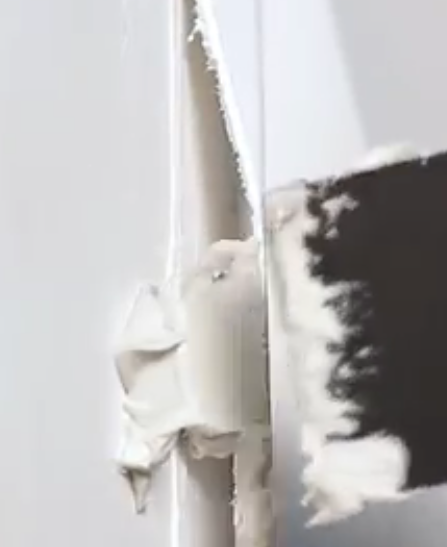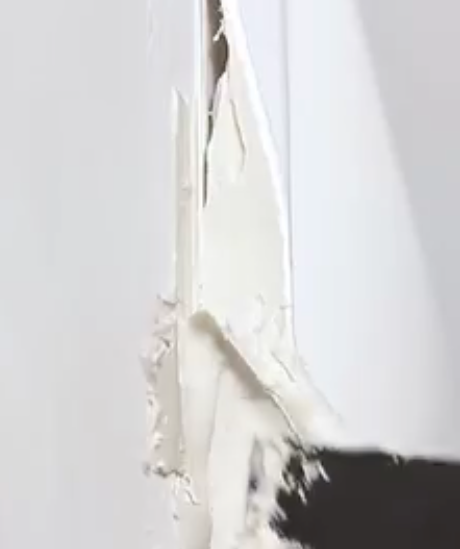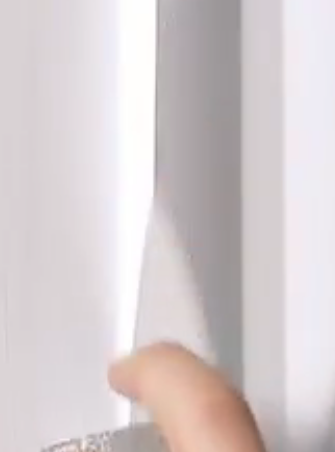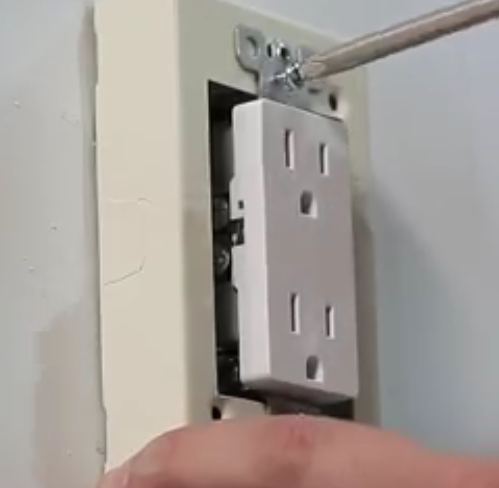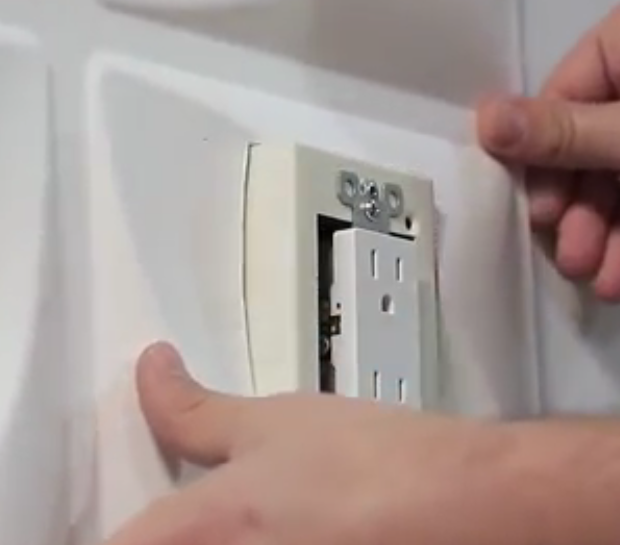3D Wall Panel:
3D Wall Panel means a class of modern architectural wonder which derives an additional dimension to any wall. These are quite attractive and textured patterns engraved into the panel surface. These 3D wall panels craft an enormous impact, giving a designer feel to your room at a reasonably lesser cost.
According to many expert interior-designers, each room should possess a central focal interest point which in turn will circulate the flow of various other elements. And to achieve this in a quick and easy way, a 3D feature wall will serve your very purpose. Extensively utilized for both residential as well as commercial interiors, these 3D Wall Panels can even be used in the exteriors (only if it’s prepared with waterproof polymer though), a beautiful option to decorate your externals.
3D wall panels are lightweight, easy to install, paintable and eco-friendly. Subsequent to easy installation, these can even be painted in any of your favorite color to suit both your home and business interiors. And the end result is a cost effective, environment friendly interior as well as exterior wall-decor product which offer a stunning, affluent and contemporary appearance to any of your wall design.
Plan New Wall Patterns Using 3d Wall Design
3D wall panels Installation Guide:
- Clean the surface you are installing the panels on
- Plan your design. Measure and mark the area of installation
- Start working from the top corner.
- Apply glue on wall and panel (fast bonding spraying glue or contact cement recommended)
- Stick panels on the wall. Use pins or apply pressure on four corners and edges of the panel
- Apply primer coat
- Fill any gaps with paintable caulking
- Apply final coat of paint
How to finish edges and corners:
How to install electrical outlets:
10 Tips and Features for Modern House Design
Glass/Stone Mosaic Tiles, Glass/Stone Mosaic Sheets & Backslashes Installation
Substrate:
Tile must be installed over a suitable substrate to insure a proper installation. Glass and stone tiles & glass stone mosaic sheets should be installed over a clean, sound, and flat surface, free of contaminates including curing compounds. Substrate should be free of cracks. If used in a wet area you must waterproof first. Glass is very reflective in nature and any inconsistencies in the substrate will lead to a subpar result. For Kitchen and Bathroom Backsplash, swimming pools and fountains we recommend installing a mortar bed. It is recommended that expansion joints be installed at all changes in the plane where stone and Glass tiles meets restraining surfaces. This is simply achieved by using silicone caulking sealant in all corner joints in place of grout to prevent future cracking.
What Kind of Tiles to Choose when Designing your Bathroom Backsplash
Cutting:
The recommended cutting method is to use a wet saw with a diamond blade that is specifically for cutting glass. Edges can be sanded smooth after cutting.
Installation
- To avoid affecting the color of glass tile, white modified thin-set is recommended. You can also use regular tile wall glue.
- Apply thin-set using a trowel. Apply as much adhesive as can be covered within 10-15 minutes. Once set in place gently tap to insure full bedding and a true surface.
How Glass Tiles will improve your Kitchen Backsplashes
Grouting:
- Use a non-sanded grout to prevent scratching the glass and stone tiles.
- Grout joints should be packed completely and free of voids and holes.
- Clean excess grout before it can harden.
- Avoid using acids to clean grout haze. Use a damp sponge to clean tiles and smooth out joints.
Glass Mosaic Tiles for Your Backsplash
Note- Please see below for special grouting instructions for tile with stone variations.
It is recommended to use grout release, then grout the tile, then use a sealant to the tile.


